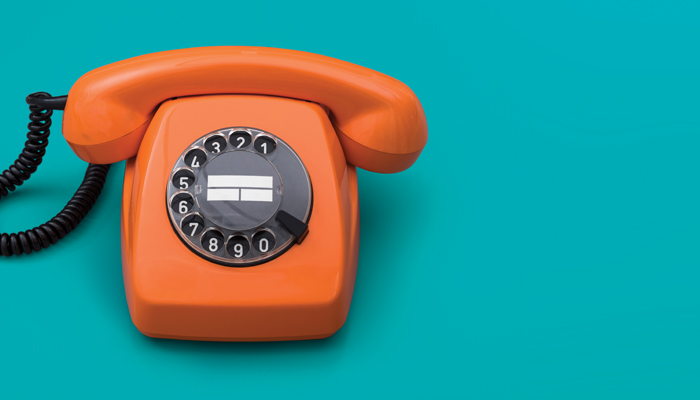Register now and start:
- Accessing PAR Training
- Shopping PAR products & tools
- Using online assessments with PARiConnect


When you need to measure visual organizational ability in patients or clients with traumatic brain damage or central nervous system compromise, you need a tool that's not only reliable and valid but also one that uses clear and realistic illustrations, one with up-to-date normative data, and one that requires low motor demand.
Identi-Fi is a new measure of visual organizational ability that can be used to assess the effects of traumatic brain injury or central nervous system compromise, monitor recovery following a brain injury, evaluate visual perceptual or processing skills deficits (as seen in some reading disorders), determine right hemisphere dysfunction, and measure visual attention.
It was conormed with the Trails-X™, a measure of adaptive planning and executive function, and standardized with individuals ages 5 to 79 years. Normative data is representative of 2017 U.S. Census statistics, and percentile ranks, T scores, z scores, normal curve equivalents, and stanines are available.
Unlike similar measures, Identi-Fi features two subtests. The Visual Organization subtest requires the examinee to view a series of cut-up, puzzle-like images and identify what each would be if assembled. Visual Matching uses the same cut-up images but provides a series of foils for each from which the examinee must choose the correct assembled image. Administration takes only 10 minutes.
Designed with large, full-color stimuli that feature modern illustrations, Identi-Fi is more salient to current populations and more adaptable to mildly visually impaired individuals. And without the confounds that accompany similar tests (such as the rapid assembly of physical puzzle pieces) Identi-Fi is an easier-to-interpret and more accurate measure of visual organization.